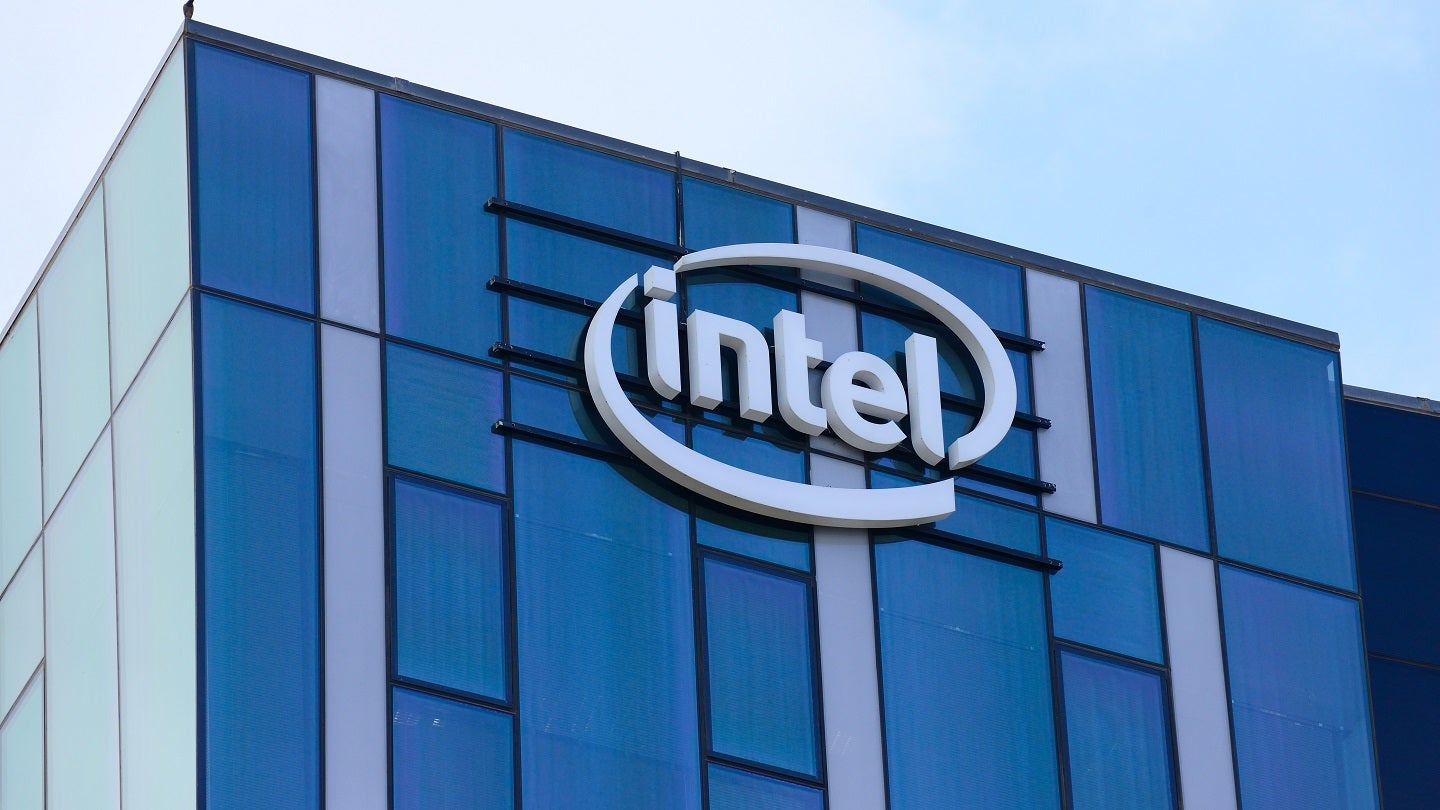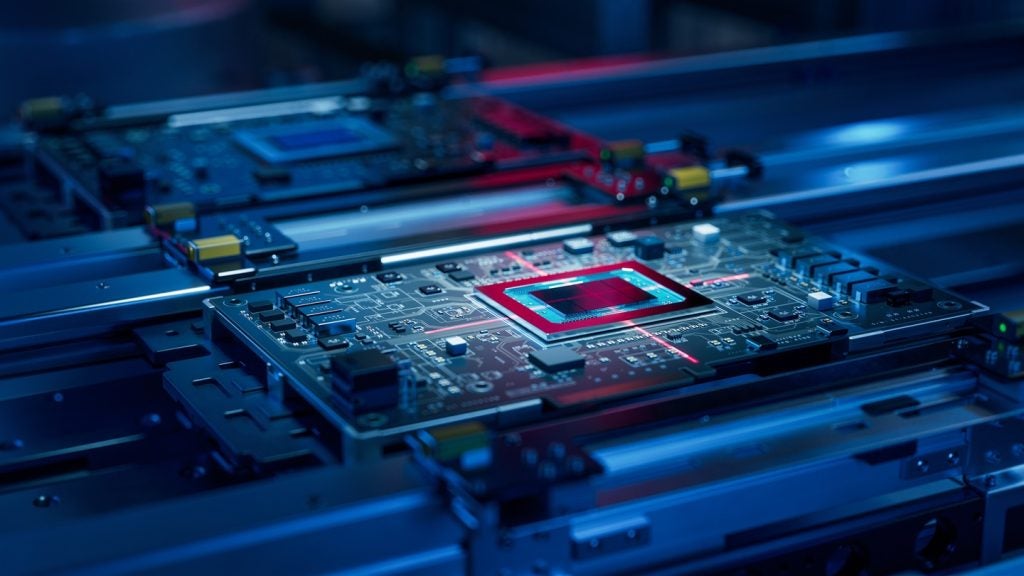
Intel is set to secure up to $3.5bn in federal grants as part of a binding agreement with US government to manufacture semiconductors, reports Bloomberg, citing sources.
The Pentagon’s initiative, called Secure Enclave, aims to develop advanced chips for military and intelligence use, with production facilities spanning multiple states, including Arizona.
Despite facing competition and concerns over reliance on a single company, Intel has emerged as the frontrunner for the Secure Enclave programme.
The funding, which could be announced shortly, is in addition to the potential $8.5bn in grants and $11bn in loans awarded to Intel in March under the Chips and Science Act.
This legislation, signed by President Joe Biden in 2022, is designed to revitalise US semiconductor manufacturing and reduce dependence on Asian suppliers.
Intel’s agreement to produce chips for the Secure Enclave programme comes amidst the company’s broader negotiations for incentives to support its facilities in Arizona, Ohio, New Mexico, and Oregon.
How well do you really know your competitors?
Access the most comprehensive Company Profiles on the market, powered by GlobalData. Save hours of research. Gain competitive edge.

Thank you!
Your download email will arrive shortly
Not ready to buy yet? Download a free sample
We are confident about the unique quality of our Company Profiles. However, we want you to make the most beneficial decision for your business, so we offer a free sample that you can download by submitting the below form
By GlobalDataAlthough no Chips Act funds have been disbursed yet, the Secure Enclave funding, administered by the Commerce Department, was allocated outside the standard application process.
Both Intel and the Commerce Department, as well as the Pentagon, have declined to comment on the matter.
Last month, a disappointing earnings report raised doubts about CEO Pat Gelsinger’s global factory investment strategy.
Intel is now reconsidering its manufacturing plans, with potential delays or cancellations likely affecting projects outside the US rather than its primary sites in Arizona and Ohio.
The Secure Enclave deal also highlights the limited options available to the Biden administration, which has insisted on sourcing advanced semiconductors from a US company.
While other manufacturers such as Taiwan Semiconductor Manufacturing and South Korea’s Samsung Electronics are constructing plants in the US with Chips Act support, the Secure Enclave programme is focused on procurement from American companies.
Discussions about purchasing chips from US-based foreign manufacturers are ongoing but are separate from the Secure Enclave initiative.
It remains to be seen what specific chip models Intel will produce for the Pentagon.
The company, based in Santa Clara, California, operates both design and manufacturing divisions but still relies on TSMC for some of its most sophisticated processors.







